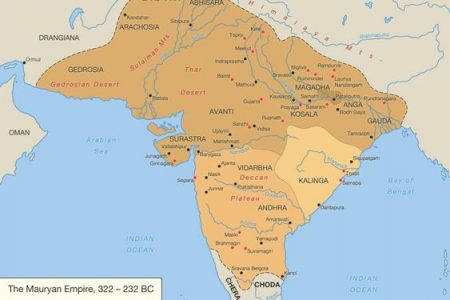In the previous parts of this series, we have already seen kinship policy in action. From these examples, a few things become very clear. We do know that these kinship ties were used as an effective effective means of achieving certain goals, but do we know which ties where used and, more importantly, who these …




